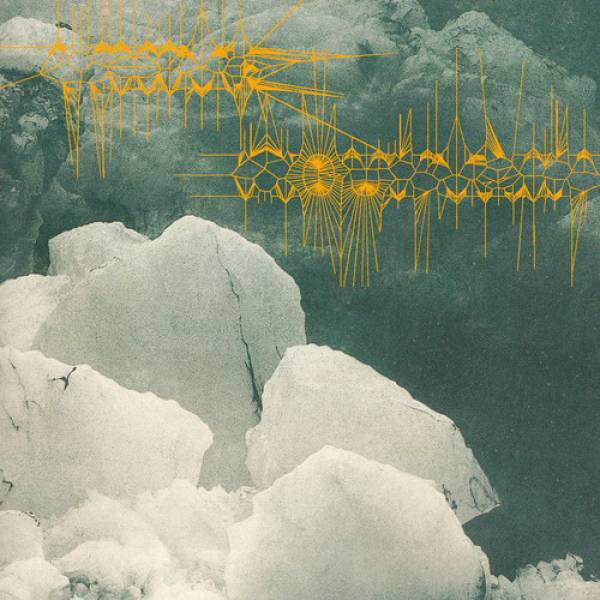Art is great at helping us remember. When ideas are put into a musical format they can act as journey through a particular timeframe, for both artist and listener. We can get a glimpse into the head of someone else and see what it is that fascinates and inspires them. Occupying a space unknown to us and made by another person is one of the most exciting and enjoyable things about music as it essentially creates those human connections we all long for, to know that someone out there is thinking in a similar manner to us, no matter how big or small a way.
White Mountain, the debut album from Icelandic musician Úlfur Hansson, is one of those albums that seems to exist so as to serve as a reminder for the artist. It’s Hansson’s love letter to the time he’s spent travelling around the world, meeting people, finding and exploring new places, and recording wonderful sounds while doing so (“I always carry my tape recorder with me like a camera,” Hansson admits freely). Over the seven tracks you’ll hear the ambient wash of landscapes in the background, the bleating of what sound like alien babies, and the hushed breathing of a man playing guitar who manages to sound both alone and surrounded by others. It’s a little sonic landscape that fuses together interests and styles.
Opening track “Evoke Ewok” combines piano and sitar chords, to create a ghostly sound that’s both light and heavy as a swamp of noise quietly bubbles away throughout. It’s the entrance to Hansson’s world, and appropriately it moves carefully and at a languid pace. From there he generally keeps the album at a restful speed, favouring more ambient tempos than anything else. But an important feature about White Mountain is that it builds upon it’s serenity to create movement and add identifiable human features. Chances are the first few times you wander through White Mountain you might be a little unsure as to what to make of it. I found myself troubled by the contrasting ambient pieces against tracks that engage the listen with sound and texture. At its worst it could be accused of being an ambient album that’s hard to lose focus of or put into the background.
But after spending time with it, White Mountain becomes an engaging world of its own, a small journey to take every time you hit play. Some moments do remain more background than others (the Kyle Bobby Dunn-like “Molasses”; the carefully unfurling “So Very Strange,” which features ethereal vocal touches from Alexandra Sauser-Monnig of Mountain Man), but they melt into the more active cuts and become just as important in creating the fullest context. Tracks with identifiable features do stick with you first and foremost, though: the clarinet intro on “Heaven in a Wildflower” that becomes a carefully picked acoustic amble with those aforementioned sighing breaths; “Black Shore” has Hansson turning Sauser-Monning’s vocal into a whirring chopped up melody, and combined with the Pantha du Prince glimmering percussive touches, the whole thing sounds like the inside of an intricate clock working away.
For all its strange little sonic details and lovely sounds and textures, White Mountain is still a personal album through and through. It just runs over half an hour, but time slips away when you’re inside it, wandering about. Sometimes it can feel like your joining Hansson while he wanders through a forest or by a river. It might not a peak in any particular genre, whether that be ambient or just instrumental soundscaping, but it is its own retreat, located either somewhere far away, or nestled between every other hill and tor. A little white mountain between the others.

